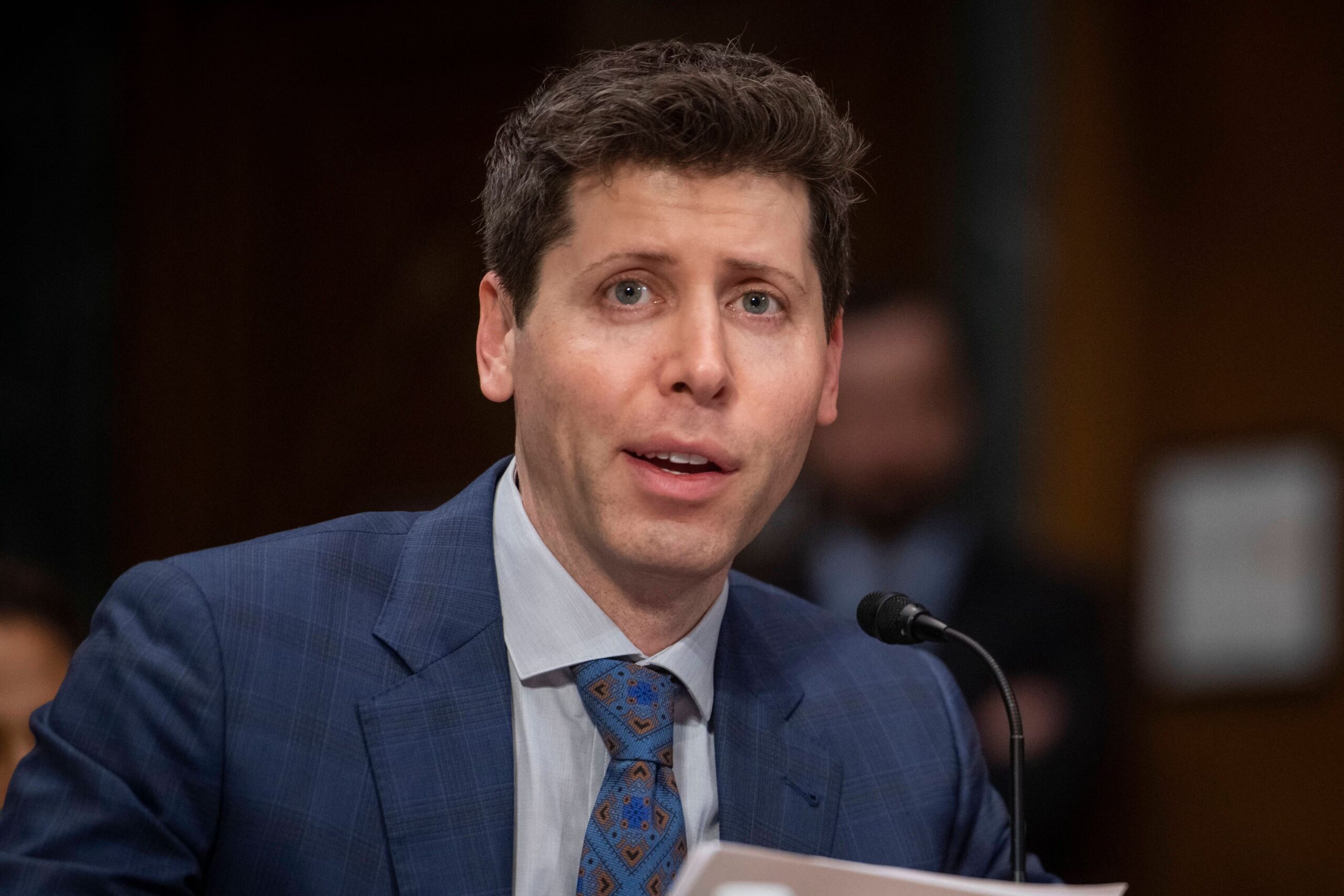
OpenAI, the widely touted artificial intelligence research institute, is looking at remaking itself as a public benefit corporation. It will ride this wave supported by the reins of its nonprofit parent. Civic leaders and former employees have repeatedly sounded alarms about the organization’s increasingly commercial trajectory. In light of their growing pressure, the matter has been decided. OpenAI has received a lot of hype and attention since releasing its viral ChatGPT chatbot in late 2022. Now, the organization is under intermittent public fire for straying from its original charitable purpose.
Commitment to Nonprofit Mission
OpenAI’s commitment to keeping control with the nonprofit is the most definitive break point. This decision follows the news that the organization has struggled to make the transition to a for-profit model. Elon Musk, who co-founded OpenAI, returned to his own startup, xAI, which recently joined a crowded generative AI field. As an individual, he has been sharply critical of OpenAI’s shift toward commercialization. His role has presented powerful obstacles to OpenAI’s stated purpose of restructuring. Because this is unprecedented, it’s hard to know what the impact of such a change would be.
Page Hedley, an expert in nonprofit governance, noted that OpenAI’s commitment to pursuing its charitable mission must be central to its structure as a nonprofit. “Who will own the technology that OpenAI develops?” she questioned, highlighting the concerns surrounding ownership and control amidst the ongoing transformation.
OpenAI’s current structure consists of a nonprofit board that acts as the only governing entity. This board’s role is to protect that the organization’s original mission is always at the forefront of any decision-making. Bret Taylor, a member of OpenAI’s board, reiterated this commitment by stating, “From a governance standpoint, the mission comes first, because the fiduciary duty of the not-for-profit board is exclusively to that mission.”
Valuation and Profit Motive
We know OpenAI has very high aspirations. Alongside its recent, $40 billion funding round—the largest private tech deal on record—the organization’s valuation has swelled to about $300 billion. Sam Altman, CEO of OpenAI, recently admitted that their extreme profitability was by design. His overriding point was the shocking lack of resources needed to achieve their vision of an AGI that “makes the world better for everyone.” He stated, “We are obsessed with our mission and what it takes to fulfill that,” underscoring the company’s ongoing dedication to its foundational objectives.
OpenAI is redoing its priorities top to bottom. First, it’s making its limited liability company subsidiary into a public benefit corporation (PBC). This first amendment is intended to give a company’s employees, investors and the nonprofit itself a right to own equity in the new for-profit entity. Taylor explained, “We will be converting the limited liability company, that is a subsidiary of that nonprofit, to a public benefit corporation. By doing so, it will change the equity structure of that company so that employees, investors and the not-for-profit can own equity in that PBC.”
Unfortunately, many stakeholders—including our members—are understandably worried. Additionally, proponents of AI alignment worry that OpenAI’s push for commercialization will continue to serve its charitable mission. Hedley pointed out that it is crucial for the organization to “continue to be legally subordinate to its charitable mission,” ensuring that profit motives do not overshadow the broader societal goals.
OpenAI’s recent pledge to pursue profit alongside public benefit surely is a positive step, but it arrives during an era of heightened skepticism of tech companies and their motives. Stakeholders are keenly aware of the implications of AI technology on society and seek assurances that entities like OpenAI prioritize ethical considerations and social responsibility.
Author’s Opinion
The tension between profit and public benefit is evident in OpenAI’s decision to shift its model, and the potential consequences could reshape not only the future of the organization but also the broader ethical landscape of AI development. While profit and innovation are important, they must not overshadow the larger responsibility tech companies have towards society and the world.
Featured image credit: Heute
Enjoyed this article? For more stories like it, click the +Follow button at the top of this page to follow us on MSN.
